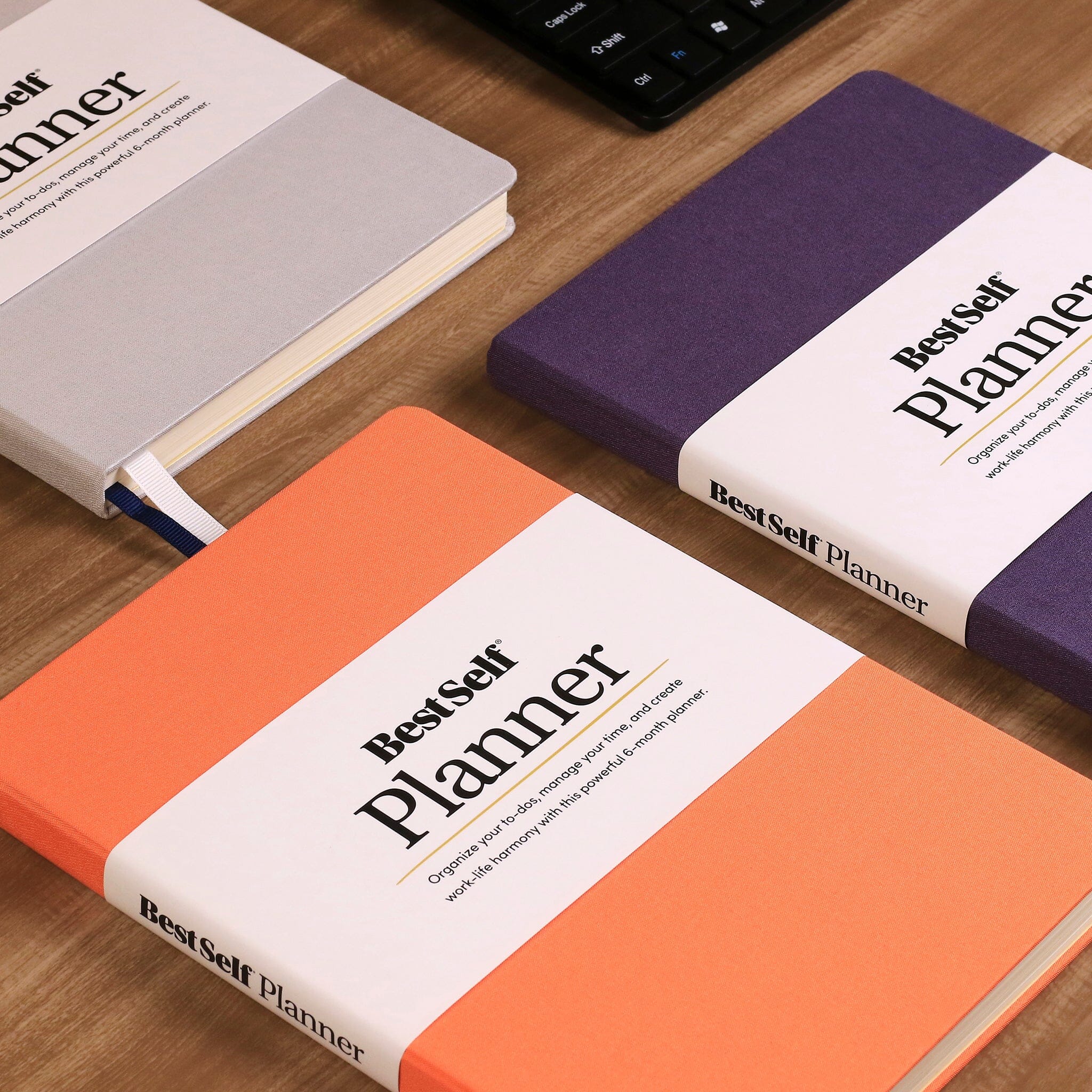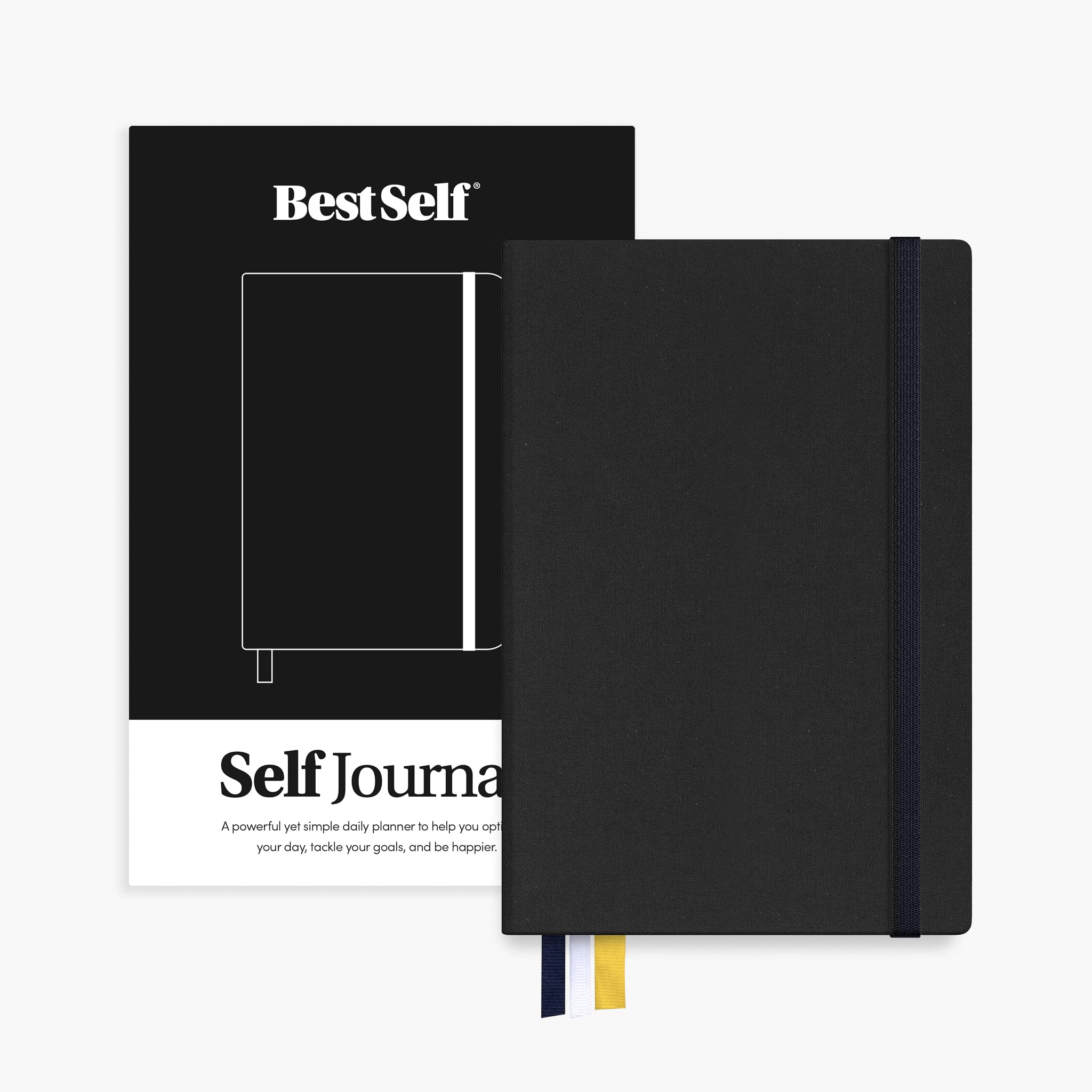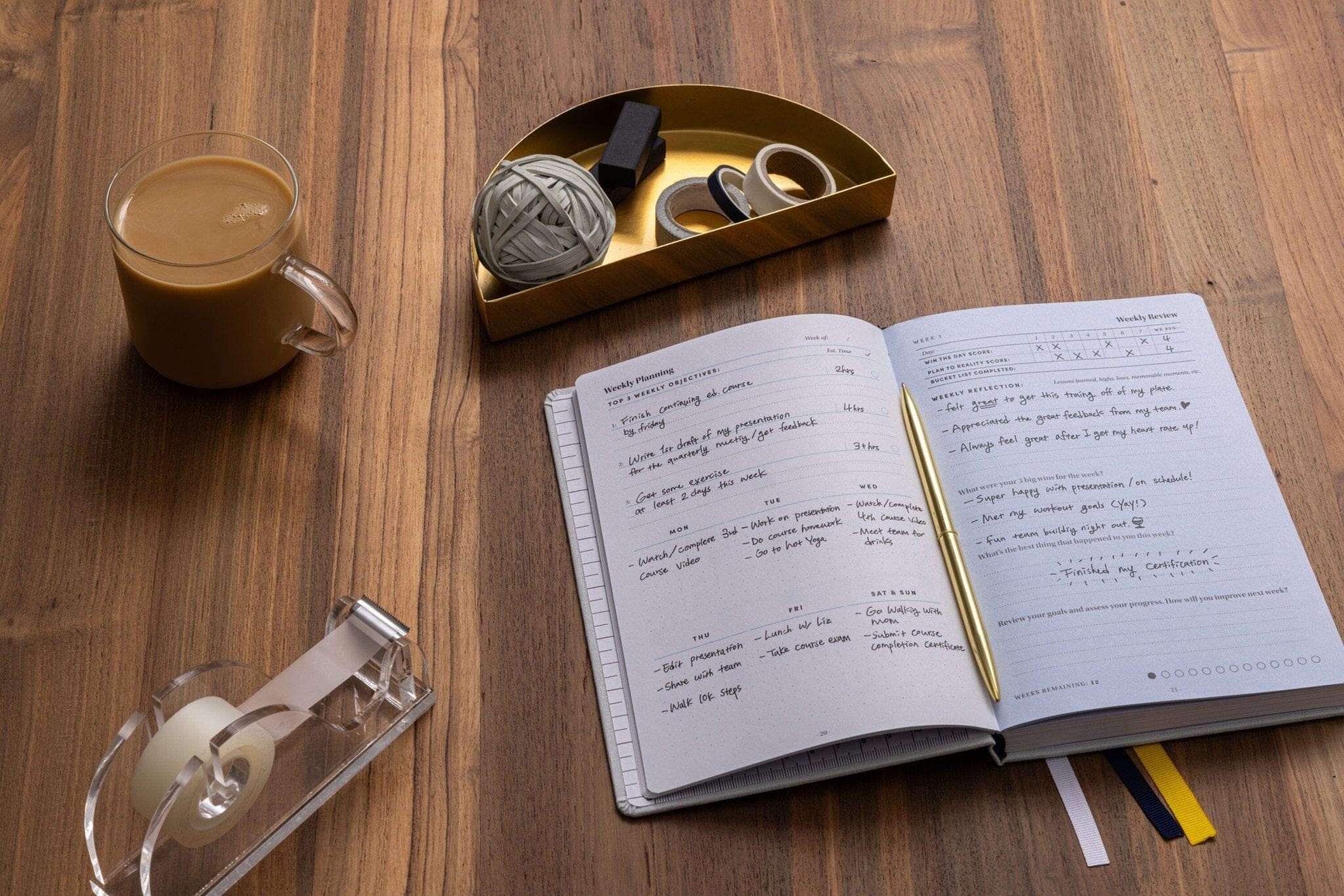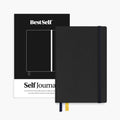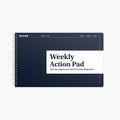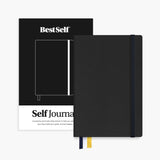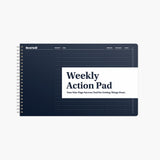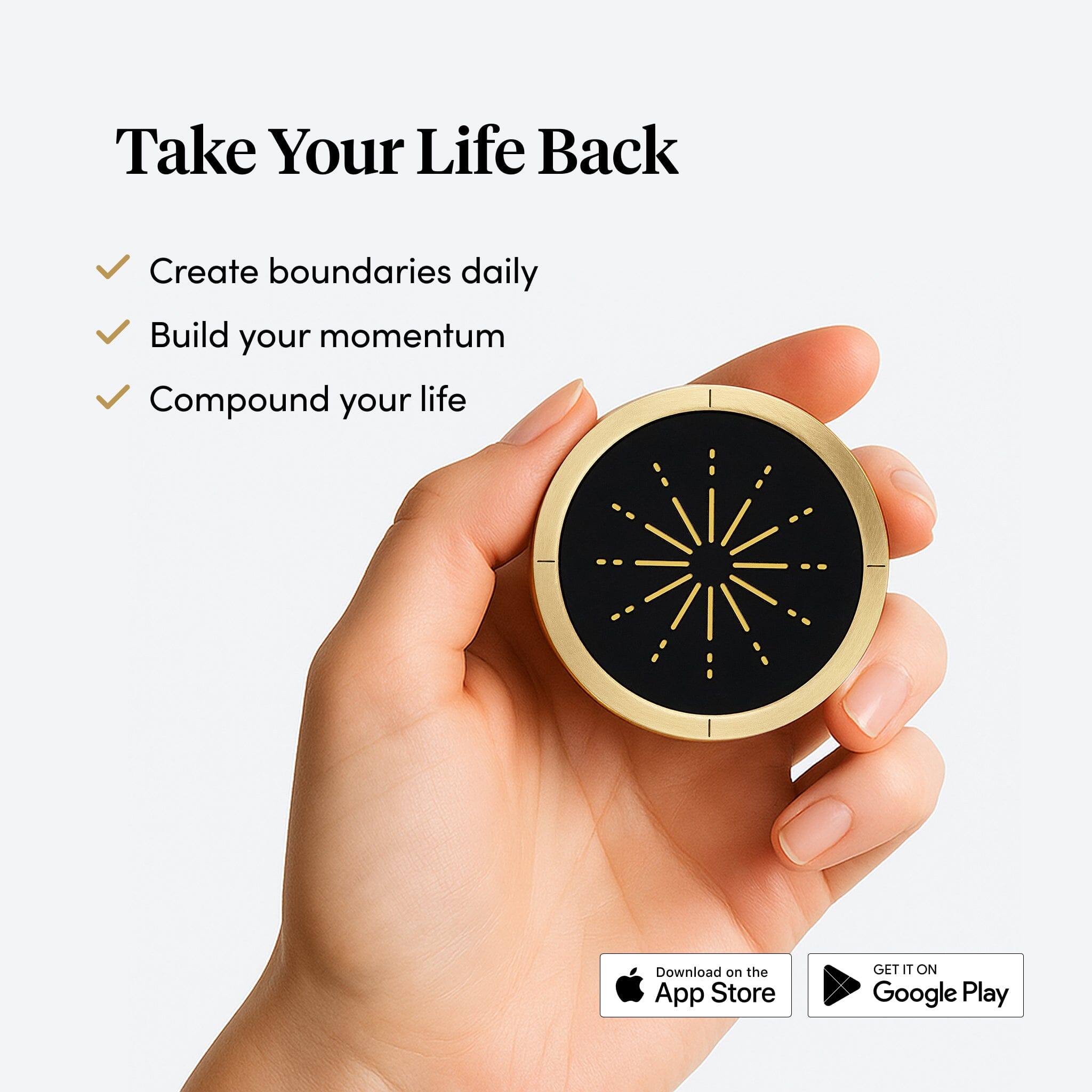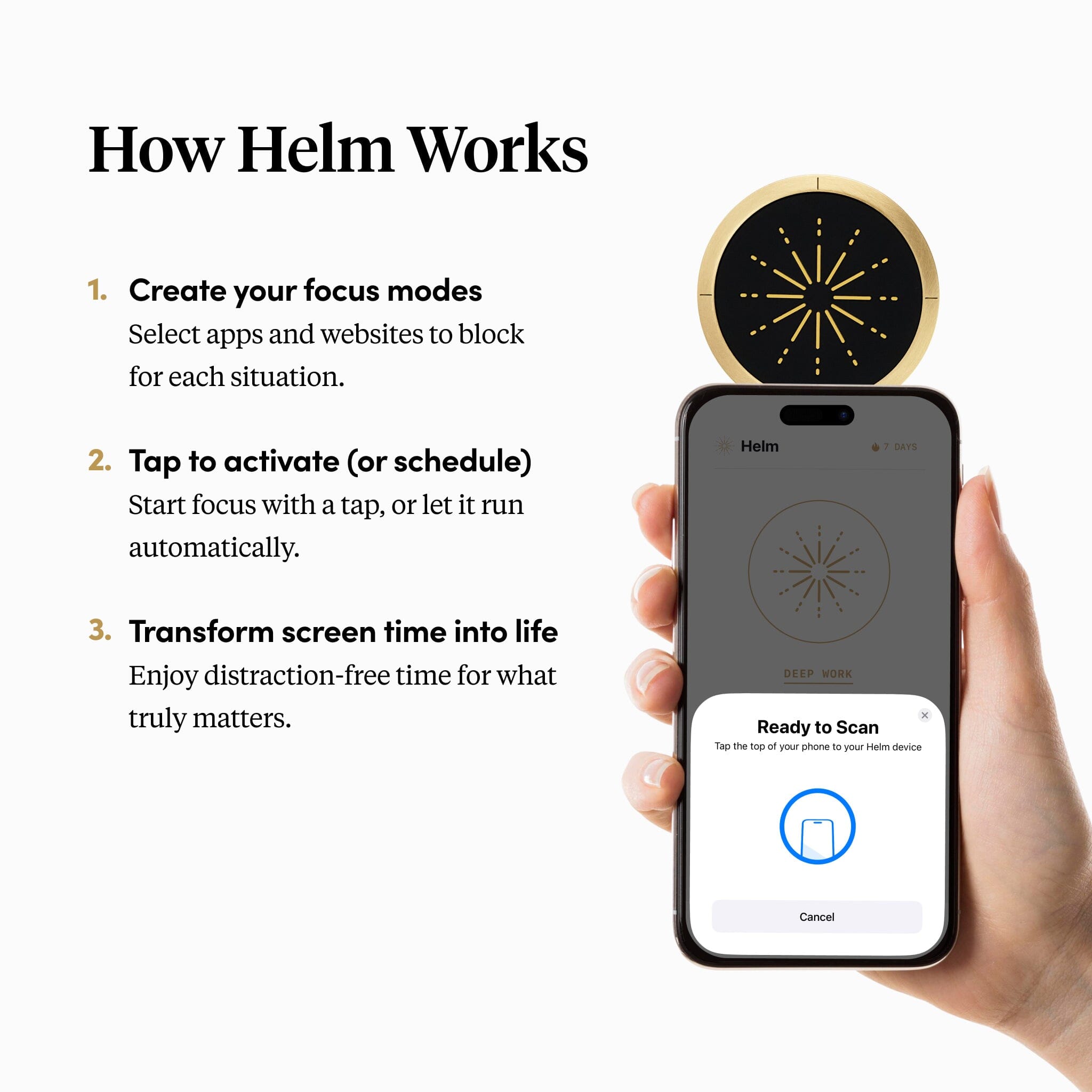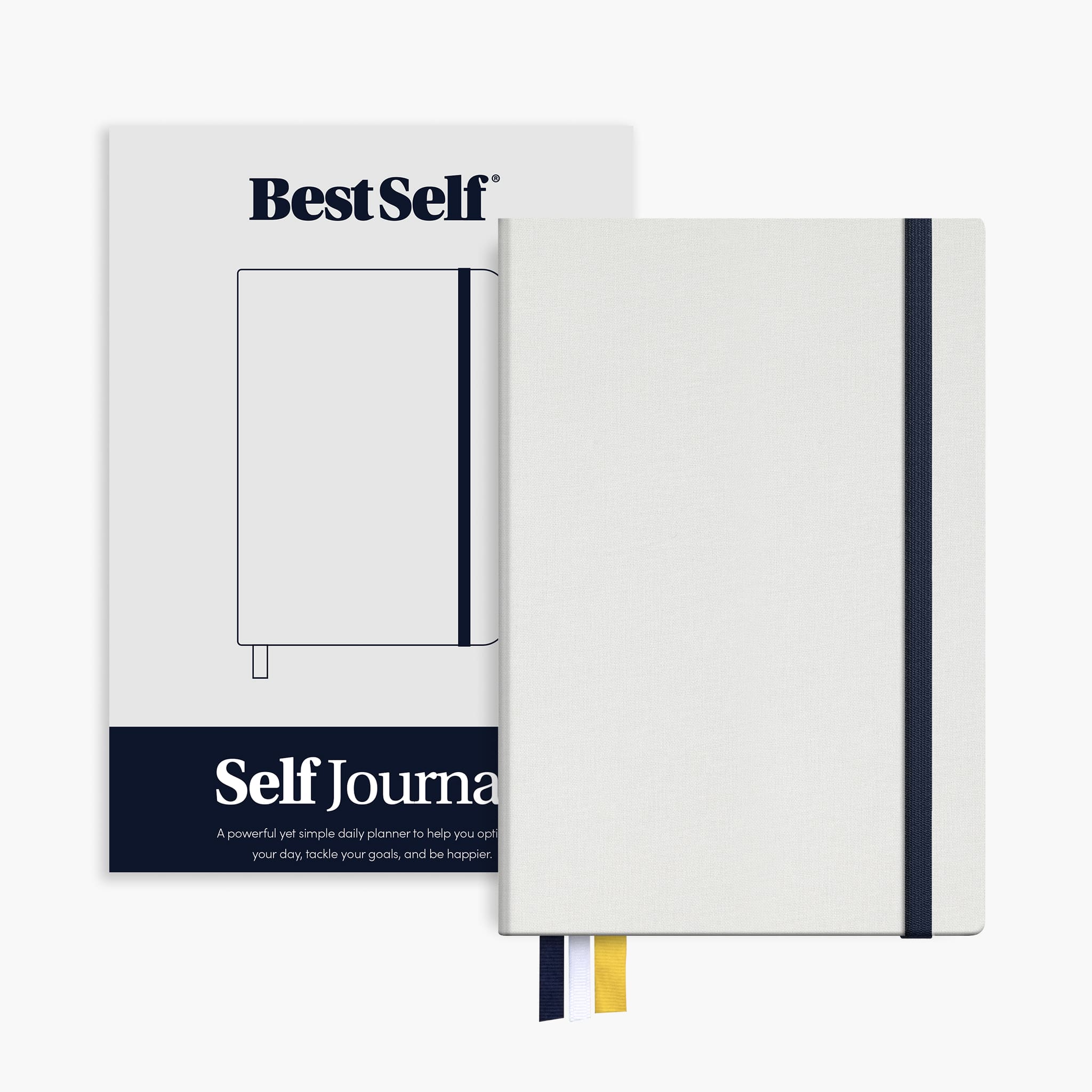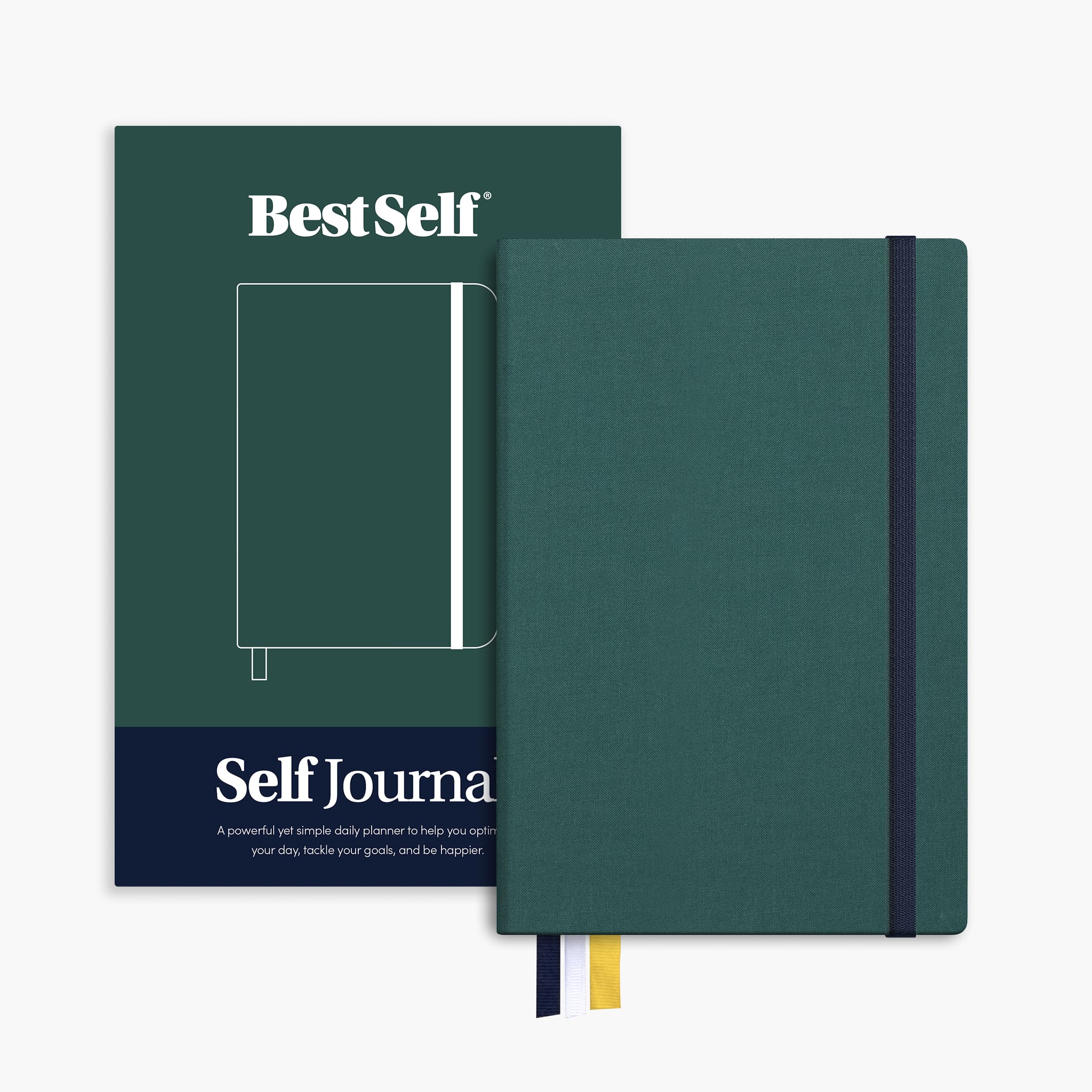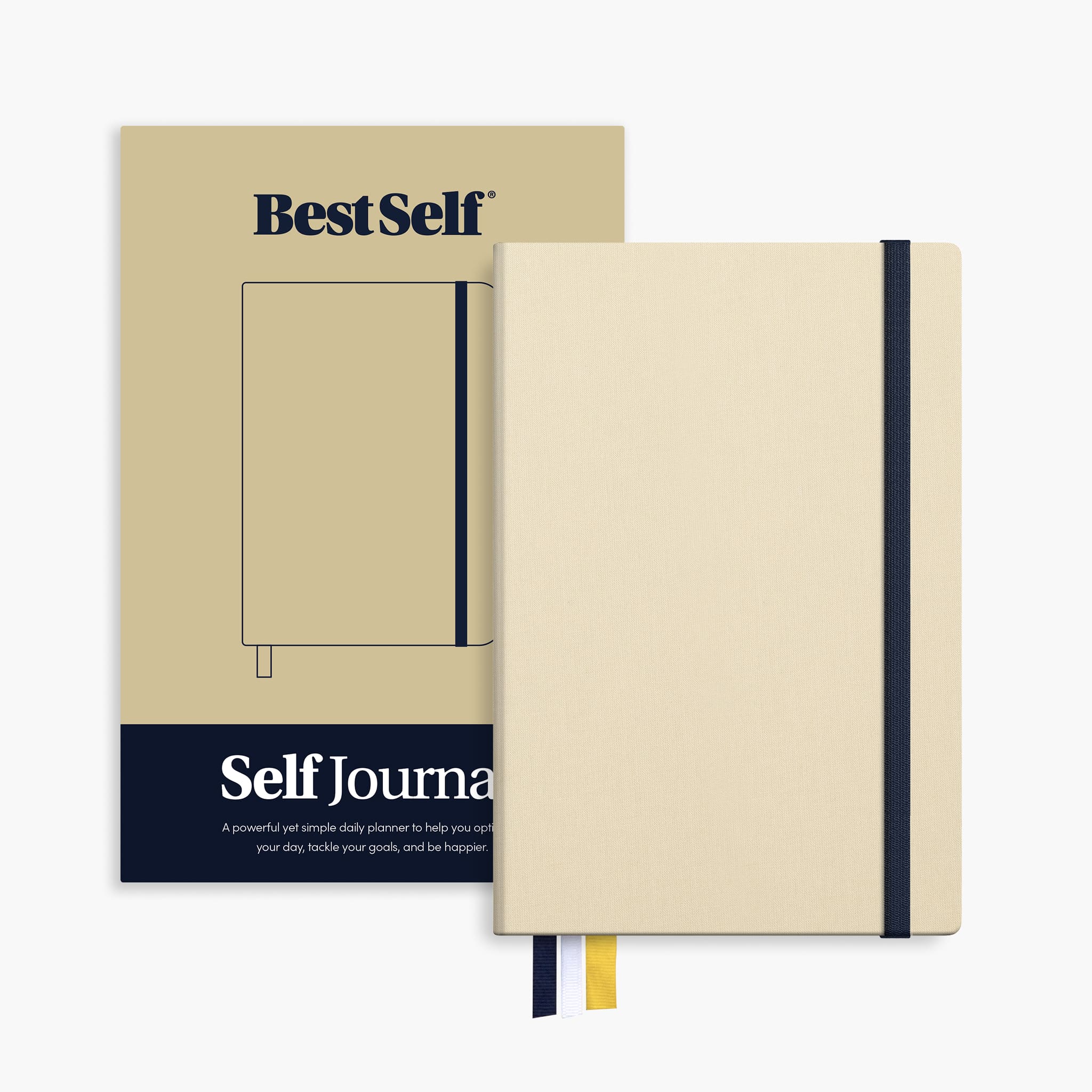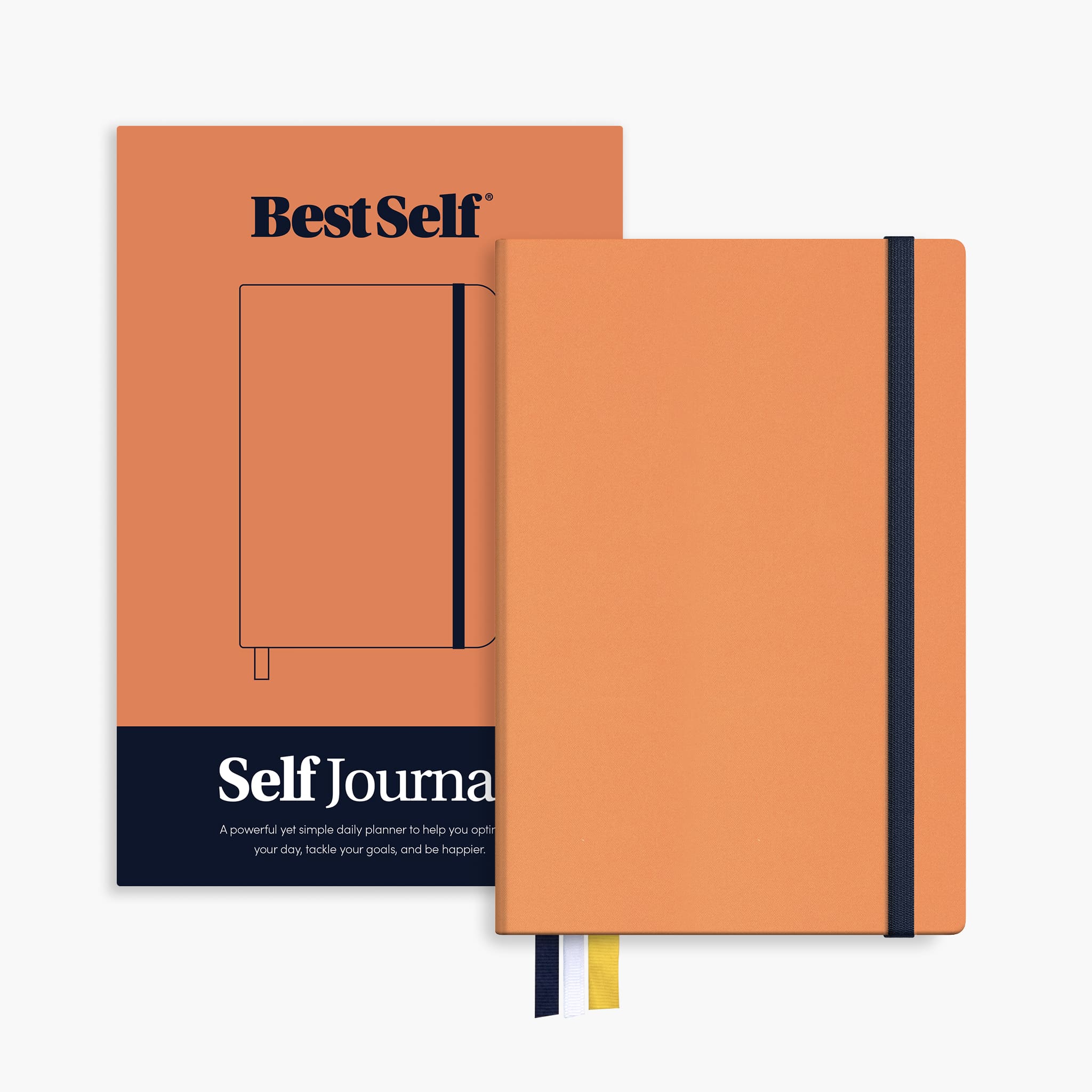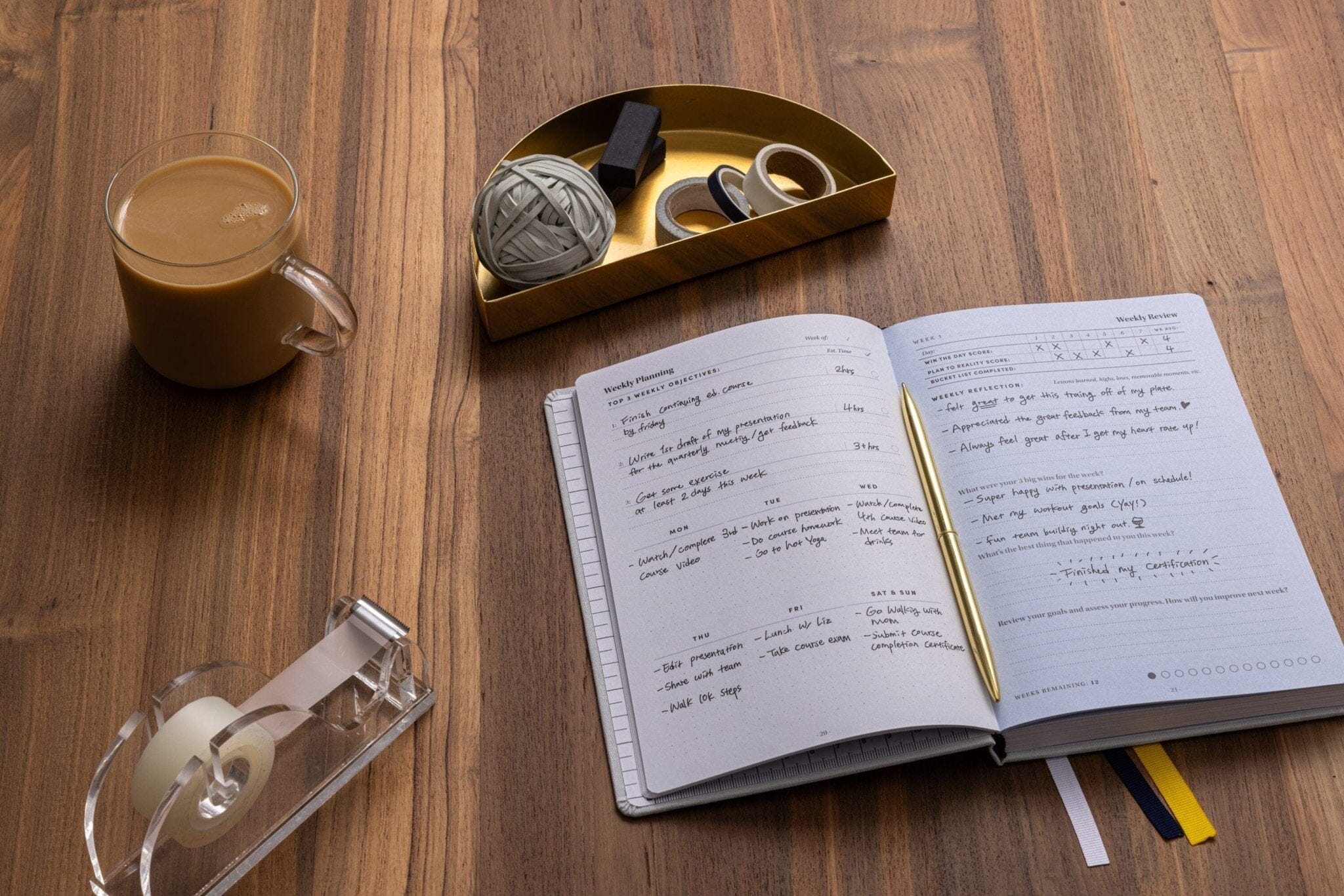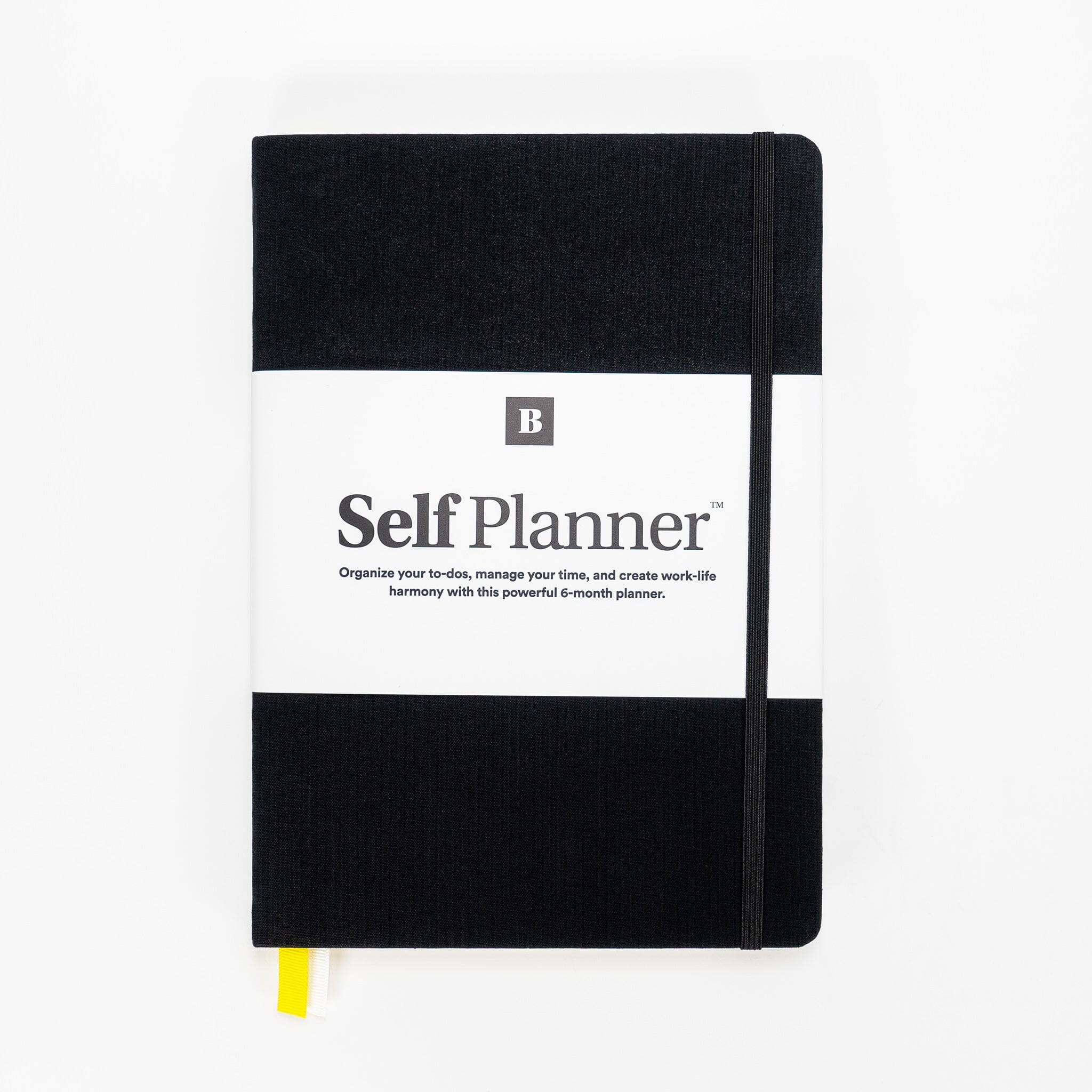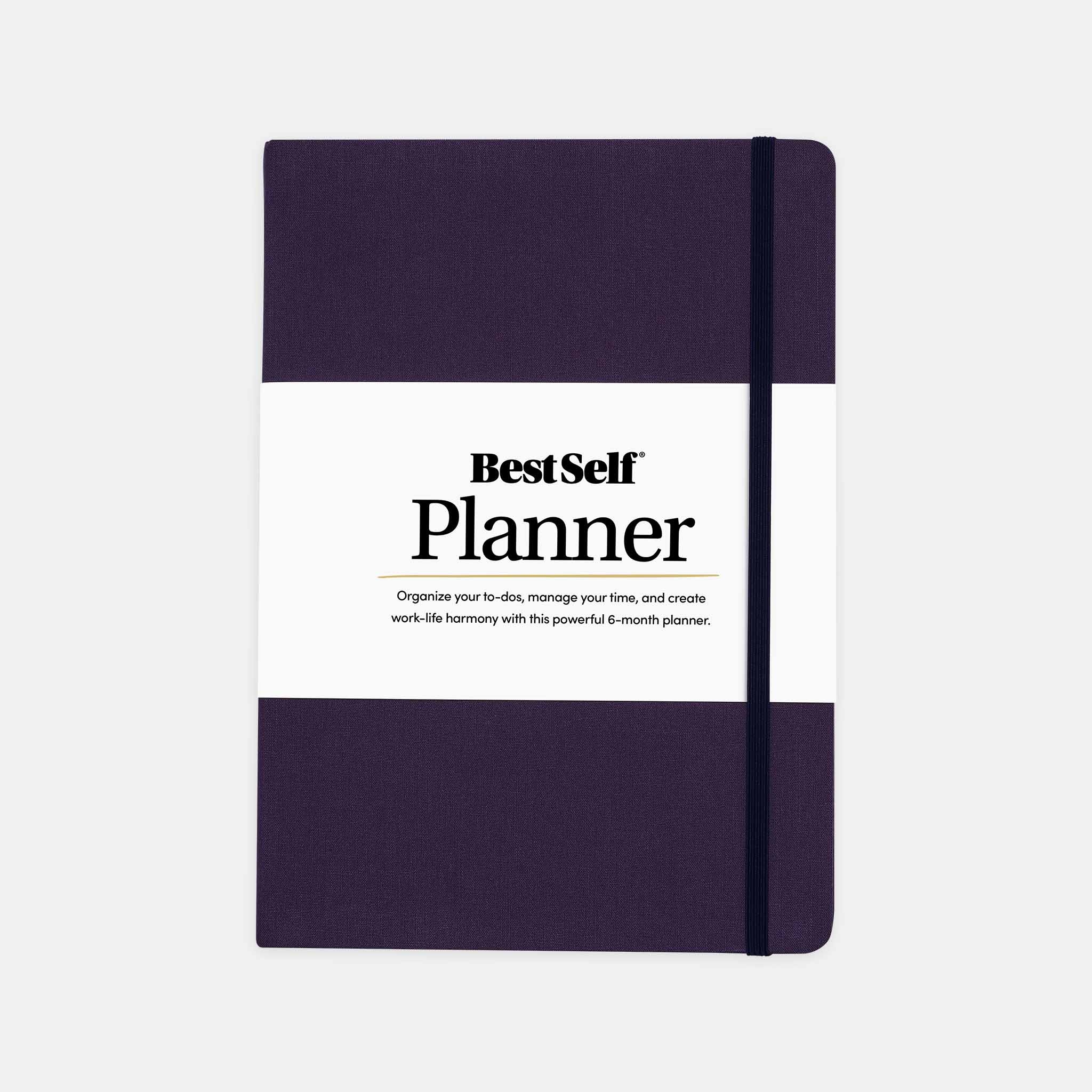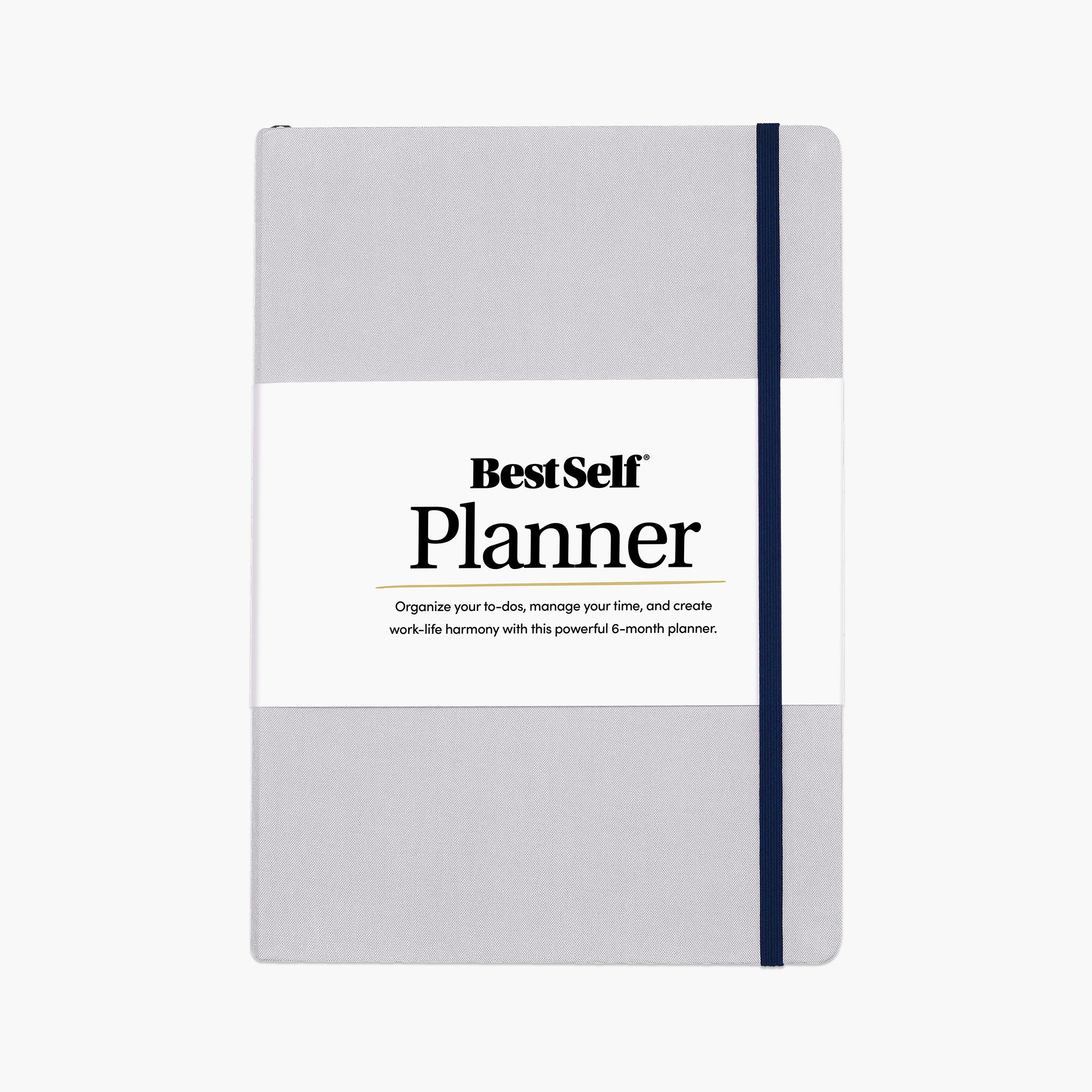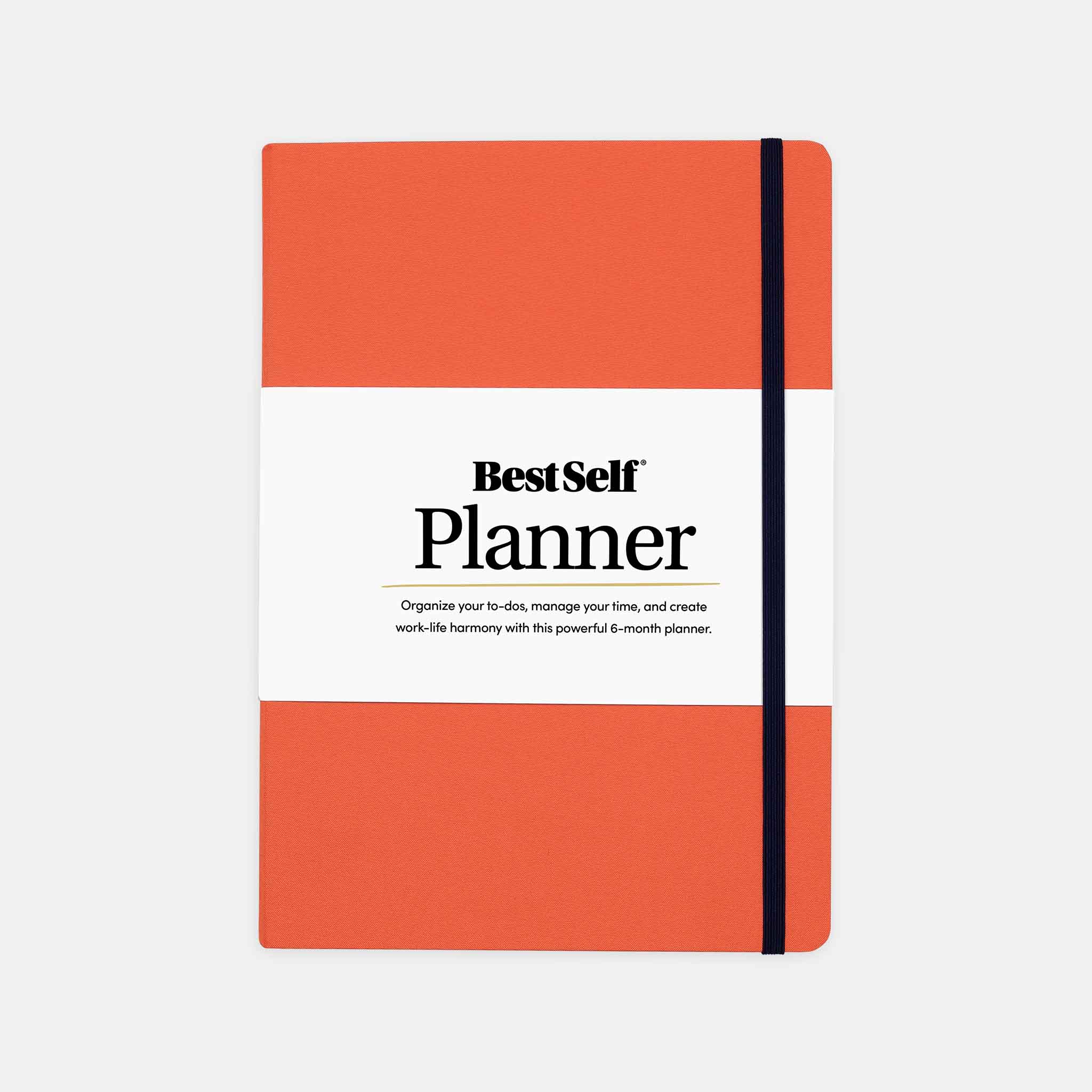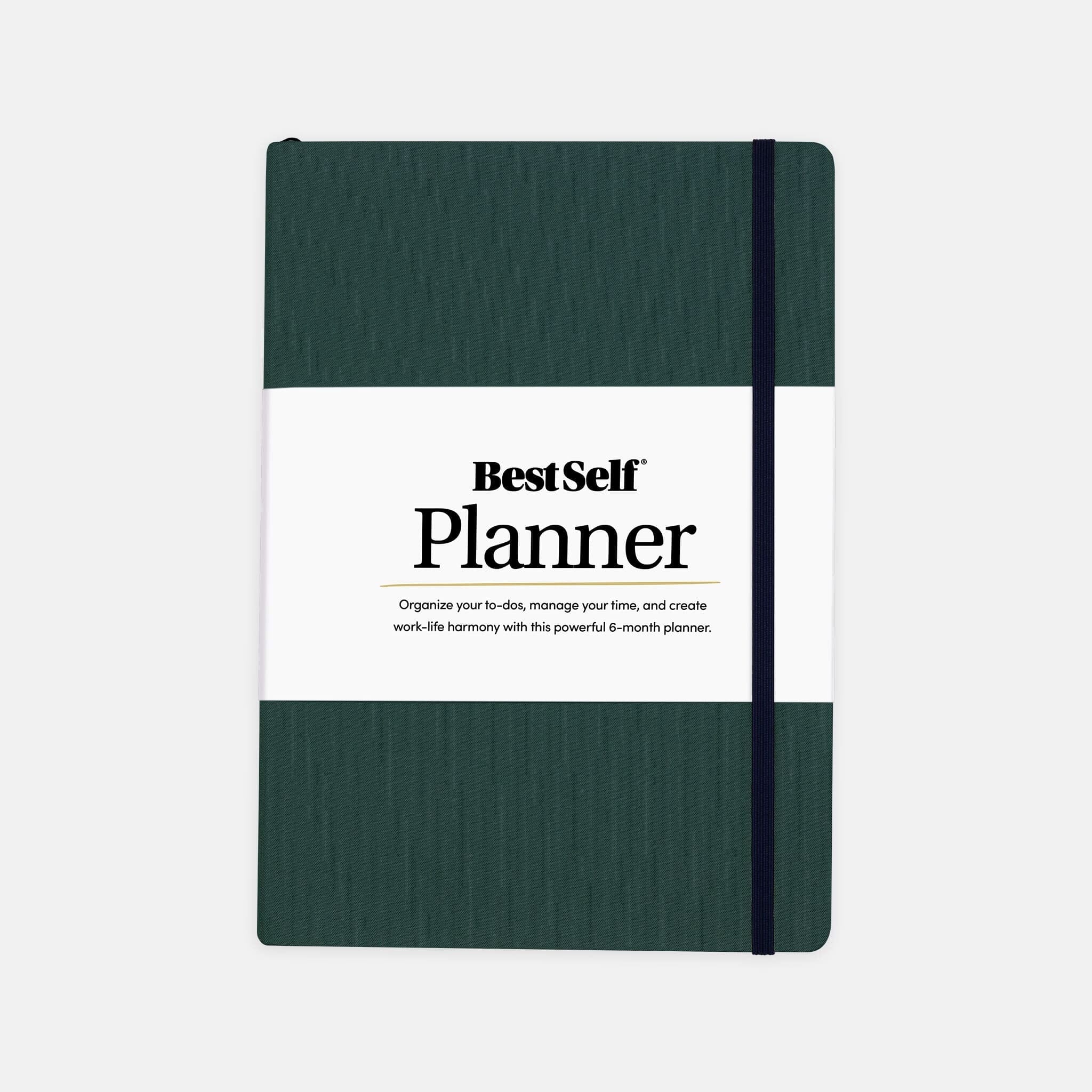We have a fear of being still. Researchers at the University of Chicago found that people believe being busy is “a sign of success and hard work.” This is why no driven person would ever dare say that they weren’t doing anything for the afternoon or that they were taking a day off from pursuing career goals. In our society, such actions would be perceived as laziness.
This tendency, however, can be harmful for effective goal setting.
If your goal is to work constantly in order to seem busy (even if you're not accomplishing any real work), then you risk burning yourself out and failing to accomplish your long-term goals. You need to shift the way you approach your work, focusing instead on the results you generate as opposed to the time you spend.
Work Efficiently vs. Work Effectively

The faster you complete your work, the more efficient you are as an employee. Being efficient boosts our pride and looks good in the eyes of those who expect results from us. It isn’t always the best method for achieving our most important work, however.
We should instead aim to work effectively, focusing on the level of quality we produce. Effectiveness should be the most important metric we have. We shouldn’t grind out 12 hour days just to ease our conscience; rather, we should strive to maximize our effort and quality, whether it takes an hour or a month to complete a goal.
4 Key Habits to Work More Effectively
To improve the effectiveness of your work, you need to work smarter. The following four strategies have helped us shift from an efficiency to an effectiveness mindset in our approach to work.
1. Don't Multitask
A study published by David Meyer from the University of Michigan showed that switching between tasks will increase the time it takes to finish the tasks by 25 percent. Neuroscience is clear on the multitasking debate — “we are wired to be mono-taskers.”
In going against how you’re wired, you’re only making it harder for yourself to be more creative and better at solving a problem, and you’re taking more time to finish tasks.
Rather than multitasking, pace yourself and don’t compare yourself to others. In pacing yourself, you’re less likely to make mistakes, and more likely to produce top-level work.
Tip: Meditating every morning for as little as 10 minutes can boost your ability to focus for the rest of the day, helping you resist the temptation to multitask.
2. Prioritize
Choosing to pace yourself and not multitask means your anxiety will be tested. To ease this, create the ultimate to-do list. Don’t simply write everything on one list and hope for the best. List your ultimate goals, then break them down into smaller tasks, and prioritize which ones to execute first.
Leo Babauta, the man behind Zen Habits, believes in tackling our most important tasks, or MITs, first. Whatever is important to you should be crossed off this task list first, Babauta explains. In doing so, the rest of the day will feel easier to tackle.
Here are some tasks you might include on your MIT list:
• Writing 1000 words of your book• Creating the first draft of a client project
• Making a phone call to a potential investor
And here are some tasks that should never be on your MIT list:
• Checking emails
• Scrolling through social media
• Mindless, repetitive busy work
More than making the day easier, tackling MITs first helps you work effectively and accomplish your goals in less time. If what you are doing is bringing results, then you have succeeded in being effective. On the other hand, if what you’re doing is not cutting it, then you change your MITs.
Tip: Use a journal to jot down your goals and break each one down into steps with deadlines to project a timespan for your goals.
3. Track Progress, Not Time
It’s good to remember that no matter how passionate you are about your work, at the end of the day, nothing is as important as the time you spend with the people you love. How many hours you are working in a day is not important. There shouldn’t be pride in saying that you work 15-hour days without knowing when the sun rises and sets.
To work effectively doesn’t mean to work long hours and appear busy, it means you see significant results. Effective work happens when your MITs help you produce high quality work.
Of course, progress is subjective and it depends on what you’re working on. Whatever your definition of progress is, make sure to track it (and review it on a regular basis) so you’ll know if your work is effective.
For example:
• Are your social media numbers increasing each week?• Are brands contacting you for representation?
• Is the word count of your book increasing each week?
Tip: You need to track your progress for best results. Use a wall map and mark down your progress. This way, you'll know if you are moving forward or if your project is at a standstill.
4. Take More Breaks
When writing about the importance of working smarter and not harder, Belle Beth Cooper, content crafter at Buffer and co-founder of Exist, mentions a story from one her favorite books: “The 7 Habits of Highly Effective People” by Stephen Covey.
The story is about a woodcutter whose saw gets continually blunt with time as he continues to cut trees. Covey writes how the woodcutter would benefit more by taking a break from cutting the trees to sharpen his saw.
This metaphor reminds us why breaks are crucial in producing effective work. Research tells us that we need to stop believing we are too busy to take breaks. Just like the woodcutter’s saw, our minds need time to sharpen again so our ideas don’t run dry and our work remains top level.
Tip: Take the right breaks. Go somewhere in nature to get away from the rush of the city, push yourself physically so your mind can wander, and don’t hesitate to take a break from technology.
Commit to Work Effectively






